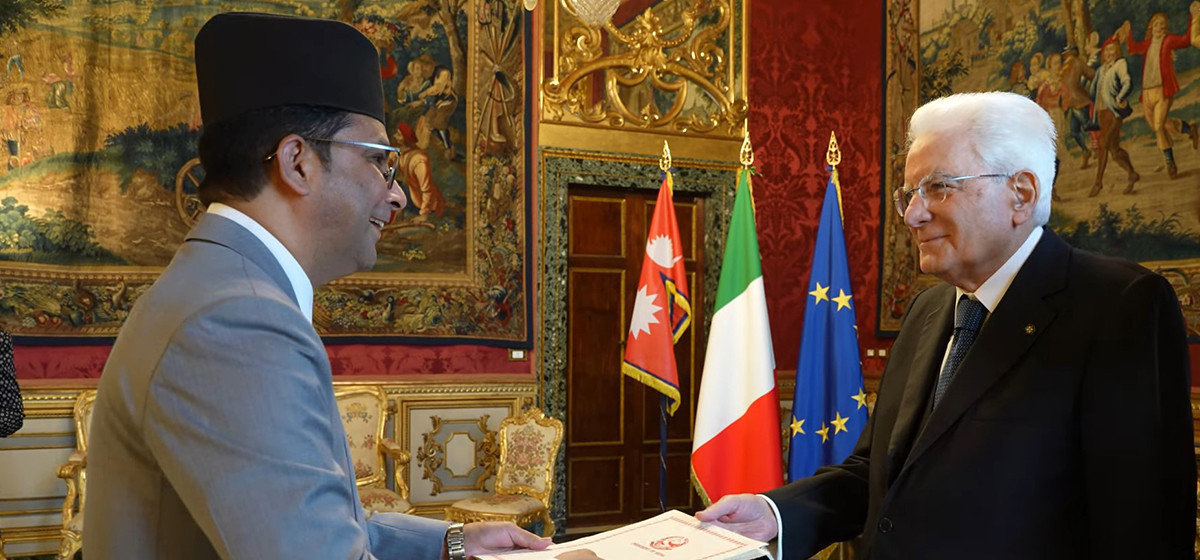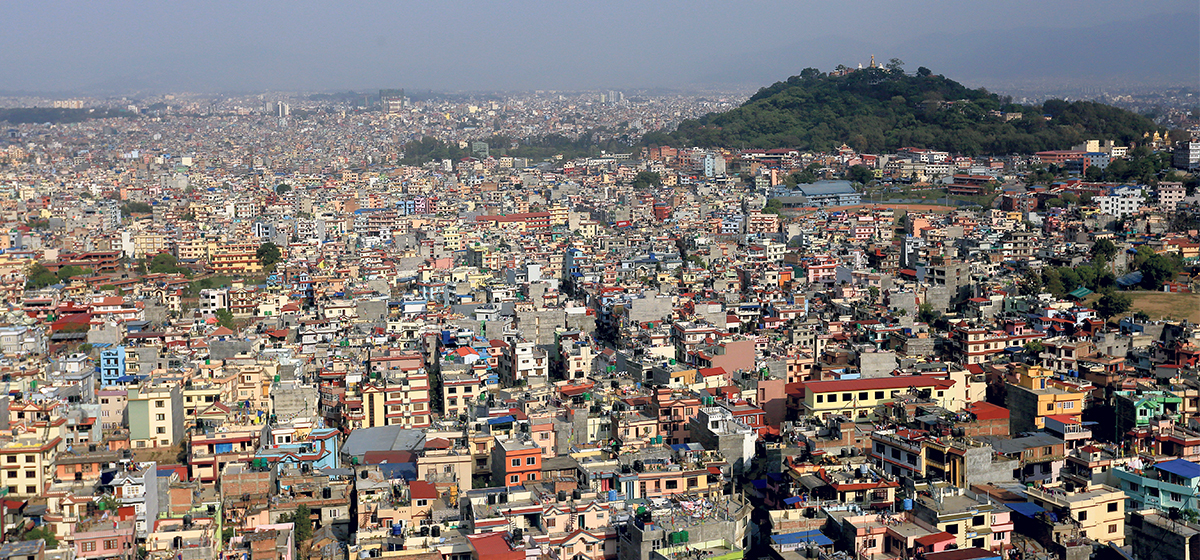
OR
Citizenship camps
The logic behind the mobile citizenship camps is hard to understand. Apparently, the goal, on the eve of the three sets of elections planned for the next year and a half, is to ensure that no legitimate citizens of Nepal are deprived of their right to vote. The first of them, local elections, are to be held within the next five months. Preventing disenfranchisement of Nepali citizens is a noble idea. What we don’t understand is way the government is going about achieving it. Mobile citizenship camps are unnecessary when any Nepali citizen can these days easily get citizenship through the local District Administration Office. Moreover, such initiatives in the past have been badly abused.
Before the first CA polls in 2008, the then government of Girija Prasad Koirala had distributed over 2.6 million citizenships through such camps. The media later unearthed many stories of how in this mad rush to hand out citizenships, even Indian and Bangladeshi citizens —although it is hard to ascertain their exact numbers—were able to get Nepali citizenships without many hassles.
Typically, a mobile citizenship team consists of a senior government official, one or two representatives from the municipal or VDC offices, and a few security personnel. Past experience suggests that such small teams are easily cowed as they come under tremendous pressure to issue citizenship papers if local communities believe certain folks are eligible. Many former officials of these mobile teams have narrated tales of how they were threatened with personal harm if they weren’t ready to cut corners and fiddle with the set standards on citizenship. Given such widespread abuse of mobile citizenship teams in the past there can be no justification for continuing with the flawed system, especially when there is absolutely no need for it. Again, the citizenship process has been vastly simplified in the past decade or so and anecdotal evidence suggests that there are now very few Nepali citizens who have been denied citizenship papers when they have sought these documents. If citizenship has still been denied to some, in most cases it’s for a valid reason: surely, there has to be strong legal basis to such an important document with a direct bearing on national interest.
As the government has struggled to furnish one good reason why these mobile teams are again being deployed, we can only conclude that it is doing so under the pressure of some vested interests. Otherwise, if the goal is to ensure that no Nepali citizen is deprived of her fundamental rights, including the right to vote, for the lack of papers, the right way to go about it would be to further simplify and quicken the citizenship distribution process through the respective District Administration Offices. The electoral rolls then need to be updated and bogus voters struck off. We then need a mass awareness campaign on the importance of voting. Also, any election is a big logistical challenge. But instead of dealing with these real issues that will actually help in the conduction of free and fair elections the government, inexplicably, is undertaking something that could actually undermine our core national interests—and for some very questionable gains.
You May Like This

Psychological Impacts of Parental Fights on Children
Children have always been vulnerable to risks, abuse, violence and many more. Psychologists have always been suggesting that parents should... Read More...

Don’t abuse in name of festivals
Holi, a festival of colors, was celebrated on Thursday in various parts of Nepal’s hilly region, including in Kathmandu, and... Read More...

SP leader arrested on charge of sexual abuse, attempted trafficking
RAJBIRAJ, June 19: Saptari police has arrested Yasbant Singh, former general secretary of Sadbhwana Party (SP), on the charge of... Read More...





Just In
- Partly cloudy weather likely in hilly region, other parts of country to remain clear
- Nepal’s Non-resident Ambassador to Italy presents Letter of credence to President of Italy
- 104 houses gutted in fire in Matihani (With Photos)
- By-elections: Silence period starts from today, campaigning prohibited
- A Room of One's Own- Creative Writing Workshop for Queer Youth
- Tattva Farms rejuvenates Nepali kitchens with flavored jaggery
- Evidence-Based Policy Making in Nepal: Challenges and the Way Forward
- Insurers stop settling insurance claims after they fail to get subsidies from government














Leave A Comment